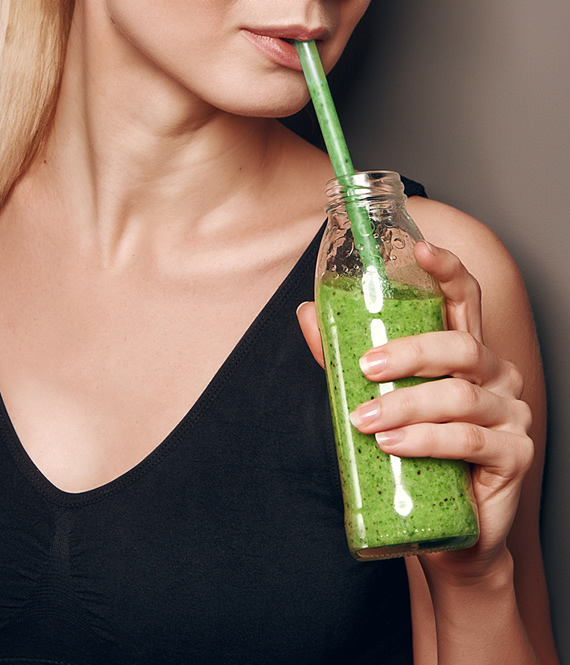
Beginner’s Guide To a Safe And Effective Nutritional Cleanse
We recommend helpful products in our articles. Read our full disclosure here. The content on this website is not intended to be a substitute for professional advice, diagnosis, or treatment.
Nutritional cleanse, at its core, is a holistic approach to health.
It aims to cleanse the body of harmful toxins accumulated from the environment, processed foods, and other unhealthy lifestyle choices.
The purpose is to restore balance, enhance nutrient absorption, and promote optimal body function.
Unlike traditional dieting, which often focuses on calorie restriction, or detoxing, which may involve harsh methods like fasting, nutritional cleansing is a gentler, more balanced approach.
It emphasizes nourishing the body with nutrient-dense foods and supplements while gently encouraging the body’s natural detoxification processes.
Why Do A Nutritional Cleanse?
Your body is exposed to many toxins daily, from air pollution to food and water chemicals.
Over time, these toxins can accumulate in your body, burdening your natural detoxification systems.
This buildup of toxins can lead to various health issues, including fatigue, poor digestion, skin problems, weight gain, and even chronic diseases.
It’s a silent problem that often goes unnoticed until health complications arise.
This is where Nutritional Cleansing can help.
By reducing the intake of toxins and providing the body with the nutrients it needs, a nutritional cleanse can lead to improved energy, better digestion, clearer skin, weight loss, and overall well-being.
Preparing For A Nutritional Cleanse
To ensure a successful journey, it’s essential to prepare both mentally and physically and to choose the right time for your cleanse.
1. Embrace The Right Mindset
Mental preparation is crucial for a successful cleanse.
Instead of viewing the nutritional cleanse as a quick fix, see it as a reset for your body and a way to improve your eating habits.
2. Ensure Physical Readiness
Before starting a cleanse, it’s advisable to have a health check-up.
If you have a pre-existing condition like diabetes or heart disease, discuss with your doctor how to safely incorporate a cleanse into your routine.
3. Gradual Dietary Adjustments
Ease into your cleanse by gradually adjusting your diet.
In the week leading up to your cleanse, start by cutting out processed foods and then slowly reduce your intake of caffeine and alcohol.
4. Choose The Optimal Timing
Timing is key when planning a cleanse.
Avoid high-stress periods and choose a time when you can relax and focus on your health.
For some, this might be during a long weekend or a less busy time.
By preparing adequately, you can maximize the benefits of your nutritional cleanse and set the stage for a healthier lifestyle.

Selecting The Ideal Nutritional Cleanse
Choosing a cleanse that aligns with your lifestyle, health status, and wellness goals is crucial.
Consider Personal Factors
When selecting a cleanse, it’s essential to consider your lifestyle, dietary habits, and health status.
Your personal goals, whether weight loss, energy boost, or improved digestion, will also guide your choice of the most suitable cleanse.
Explore Different Types Of Cleanses
There are several types of cleanses you might consider.
1.
Juice Cleanses
These involve consuming only fruit and vegetable juices for a certain period.
They can be a good way to increase your intake of vitamins and minerals, but they can also be low in protein and fiber.
2.
Smoothie Cleanses
Like juice cleanses, smoothies typically provide more fiber because they use whole fruits and vegetables.
3.
Whole Food Cleanses
These cleanses focus on eating clean, unprocessed foods.
They can be a good choice if you want a less restrictive cleanse that helps you avoid unhealthy eating habits.
4.
Commercial Cleanse Programs
There are also many commercial cleanse programs available.
These can be convenient, but it’s important to research the nutritional cleanse program and ensure it fits your needs and lifestyle.
It’s also important to consult with a healthcare professional.
They can provide personalized advice based on your health history and current status.
How To Do A Nutritional Cleanse Safely
To ensure safety and effectiveness, it’s important to follow a structured process.
Here’s a look at the key phases of a cleanse.
1. Cleanse Phase
During this period, you’ll adhere to the specific guidelines of your chosen cleanse program.
This could involve replacing one or more meals with nutrient-dense shakes or juices designed to provide your body with essential nutrients while minimizing the intake of potential toxins.
Alongside these meal replacements, the emphasis is on clean eating, which means consuming whole, unprocessed foods rich in nutrients and fiber.
These foods support your body’s natural detoxification processes.
Additionally, certain cleanses recommend specific supplements to further support your body.
These could include vitamins, minerals, probiotics, or herbs known for their detoxification properties.

2. Reintroduction Phase
After the cleanse, the reintroduction phase begins.
This is a careful process of gradually reintroducing other foods back into your diet.
Start with easily digestible foods, such as cooked vegetables and lean proteins.
The reintroduction should be gradual, giving your body time to adjust to each new addition.
This phase is crucial in helping you transition from the cleanse phase back to a more varied diet.
3. Maintenance Phase
The maintenance phase is about preserving the benefits of your cleanse over the long term.
This involves continuing to eat a balanced diet rich in whole foods, which will help maintain your body’s natural detoxification processes.
Regular physical activity is also key to maintaining weight and overall health.
Depending on your health goals and how your body responds, you might choose to do a nutritional cleanse periodically.
This could be once a year, every few months, or even more frequently.
The maintenance phase is about preserving the benefits of the cleanse and continuing the healthy habits you’ve developed.
Conclusion
The goal of a nutritional cleanse is not just to achieve short-term results but to pave the way for long-term health and wellness.
It’s about taking control of your health and making choices that support your body’s natural processes.
With the right approach, a nutritional cleanse can be an important step toward better health.
"We love to research problems, examine studies, analyze solutions, and share with you ideas that make life healthier. You can learn about us and our editorial standards here. Have suggestions or feedback to share? Send us a message!."

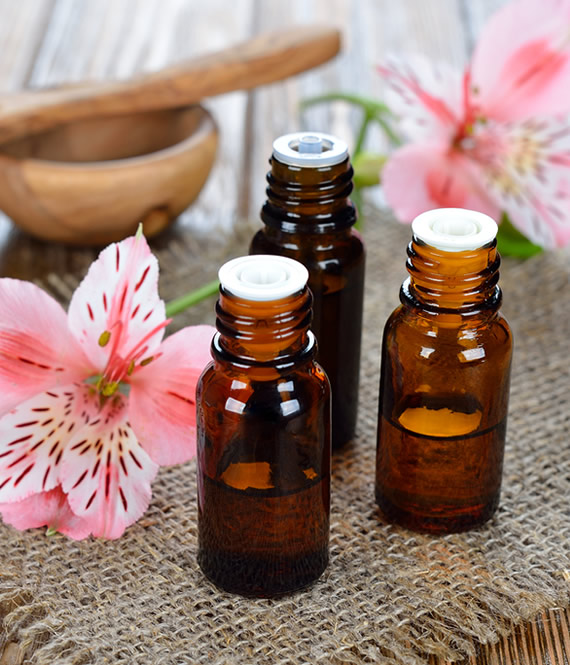

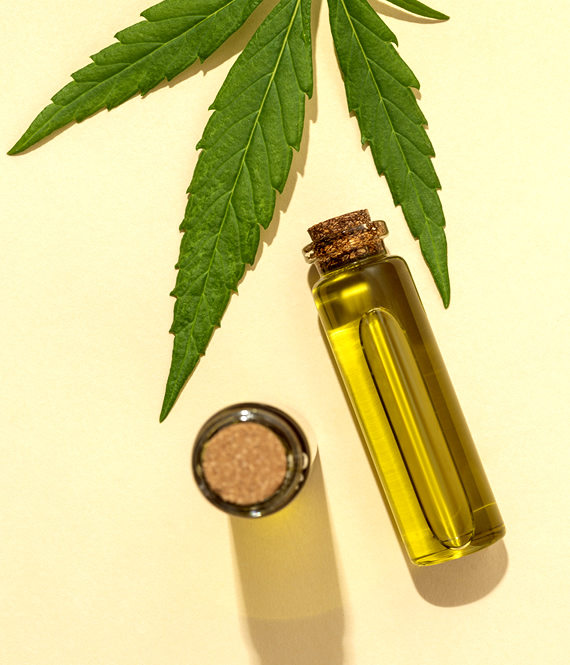



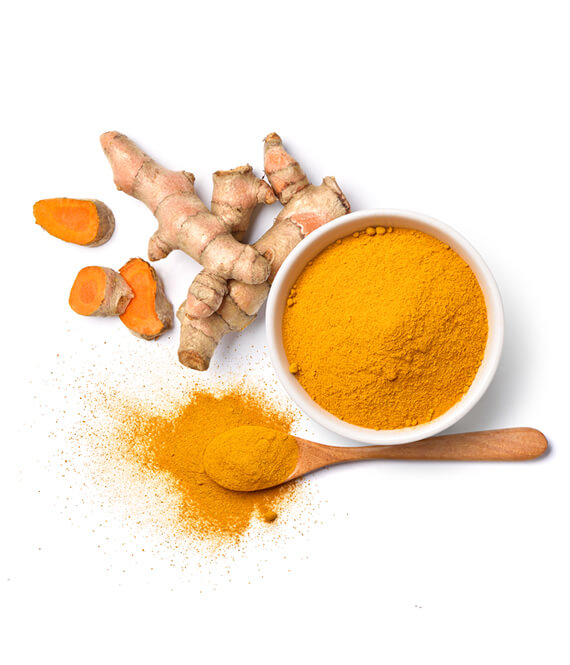
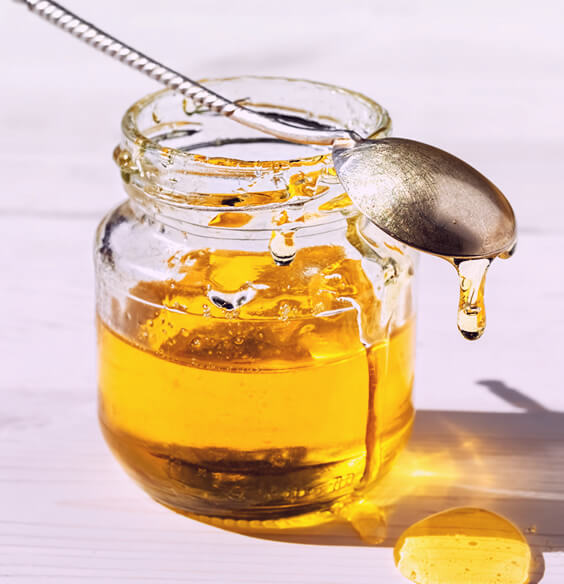



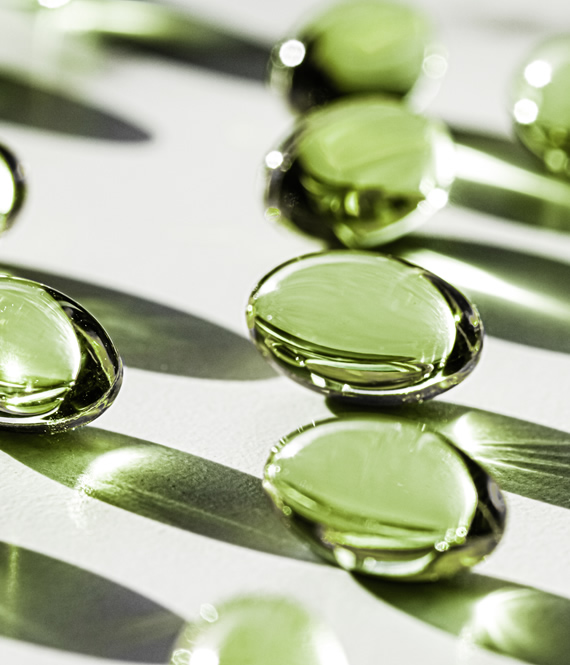
Leave a Comment